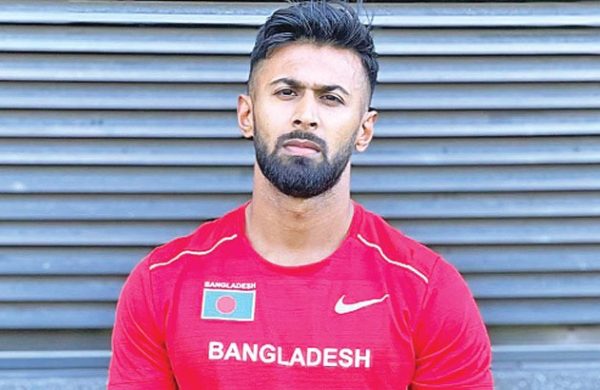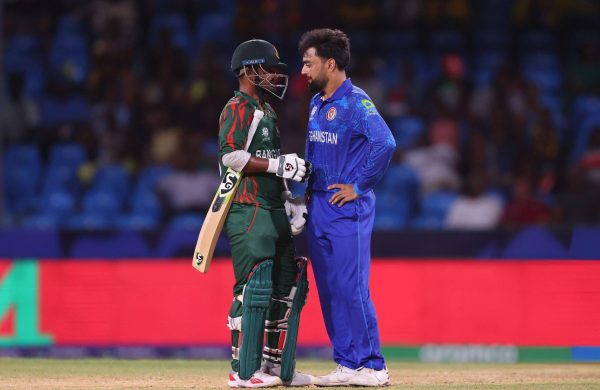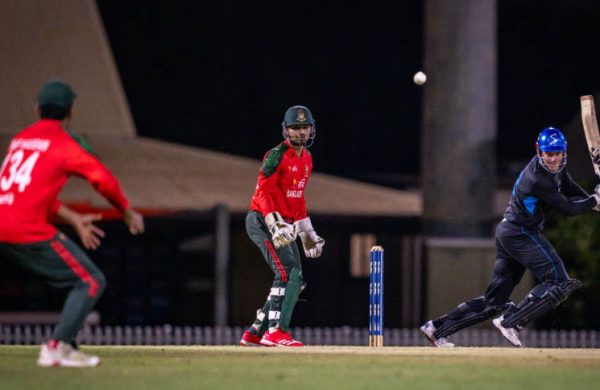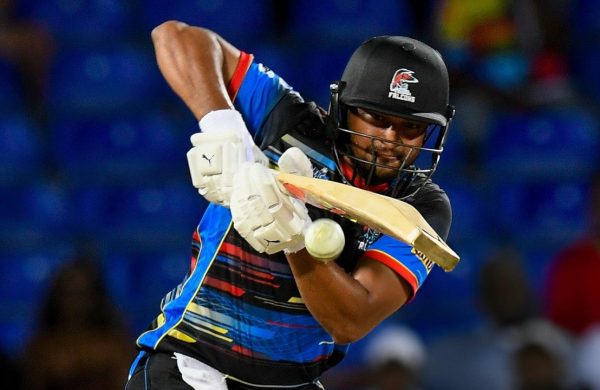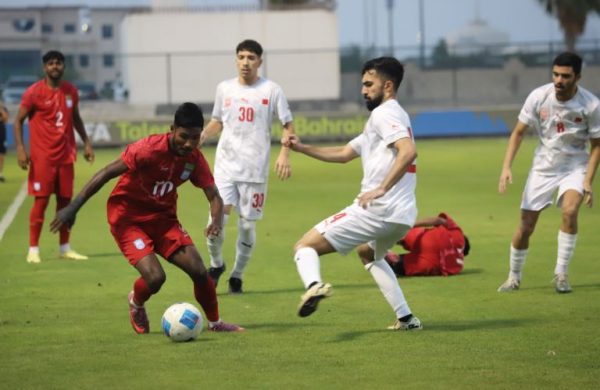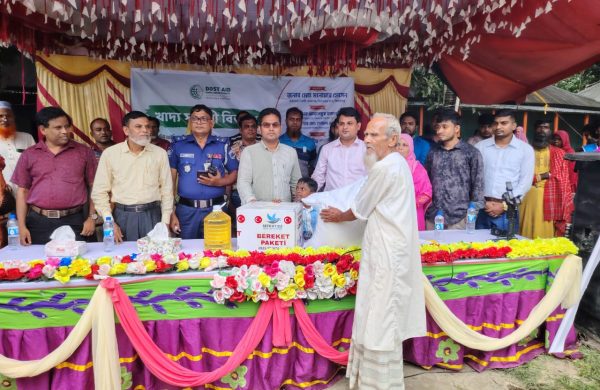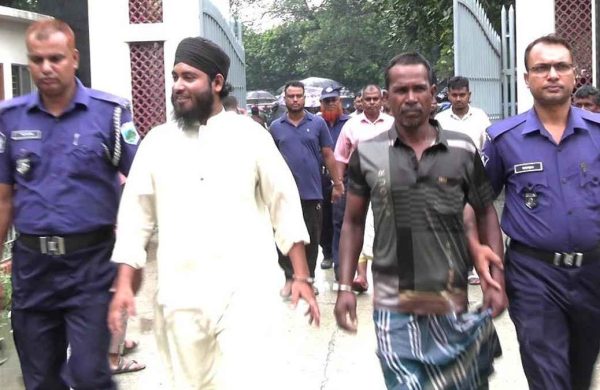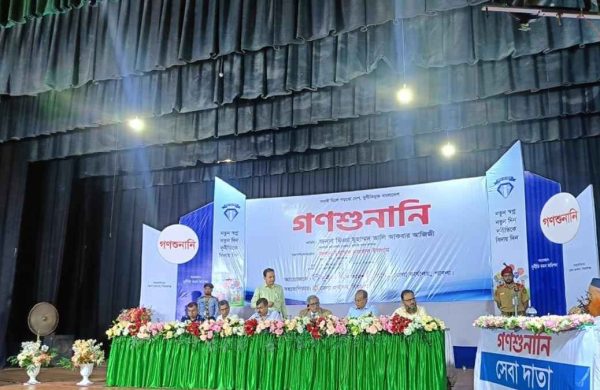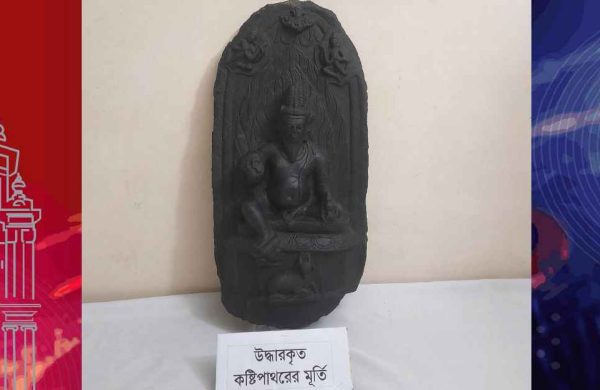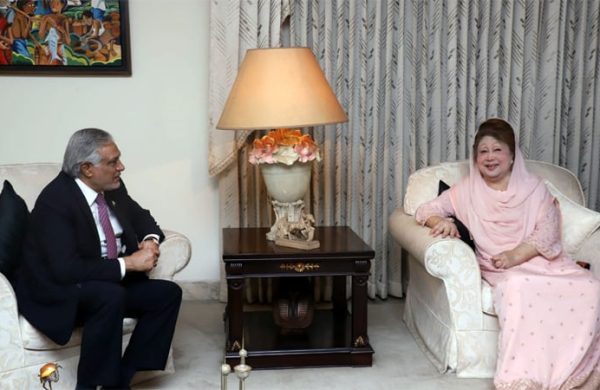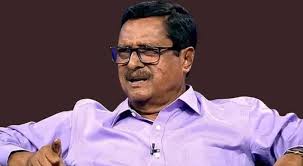‘Last 12 years, everything has happened except cricket in BCB’
- Update Time : Saturday, August 31, 2024
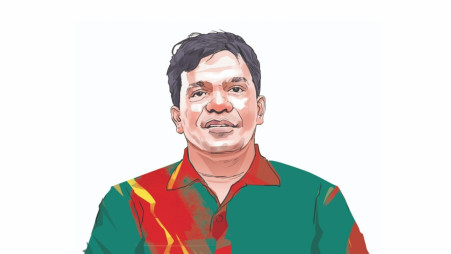
Sports desk:
With the recent political changes in Bangladesh, the winds of change are blowing through various sectors, including sports. The Bangladesh Cricket Board (BCB), the governing body of cricket in the country, is also feeling the effects. Two directors have already resigned, one has been removed, and a new president has been appointed, signaling hope for a fresh start.
One person who might join this new initiative is Bangladesh’s first Test centurion, Aminul Islam Bulbul. Currently working as a development manager at the ICC, Bulbul was approached by the sports advisor some time ago, seeking his advice and guidance. Many people also want to see the former national team captain as the head coach of the national team.
However, Bulbul’s interests lie elsewhere. He is interested in the position of cricket director, willing to work voluntarily alongside his job at the ICC. If necessary, he has even hinted at the possibility of leaving his ICC job, though that would depend on several factors, including the role and responsibilities offered. Despite his coaching experience, Bulbul does not feel prepared to take on the role of head coach.
In a lengthy interview with Bulbul discussed his thoughts on Bangladesh cricket, the irregularities and disorder in the previous board, the erosion of cricket systems and processes, recent changes in the BCB, and the steps needed for the future.
How would you evaluate the BCB’s work over the last 12 years?
Evaluation can be done in many ways. What I understand simply is that cricket in Bangladesh is about participation. Development in cricket, some performance in cricket, transparency in cricket, and improvement in facilities – when you consider all of that, I don’t think we’ve achieved much. 12 years is a long time. Instead of moving forward, we’ve gone backward. Our focus has been mostly on the national team, and apart from a few scattered performances, we haven’t achieved much. Essentially, we’ve destroyed the system.
In a previous interview, you mentioned that there were issues in the BCB that were hard to talk about. Could you give an example of one or two of these issues?
I can’t pinpoint numbers, but when someone comes to play cricket, they should come to a clean environment. That environment itself is not clean, it has become a place of distrust. I once posted on Facebook, calling it “criminalized.” There were instances where a team couldn’t enter a qualifying round from the academy, or a player couldn’t advance despite performing well. Before matches, councils would know who would win or lose, and games were manipulated through umpire fixing. It’s disgraceful when these things happen at the expense of the country’s cricket. Despite having so many Test venues and facilities across the country, they have been misused. The facilities have not been improved, and no coaching courses have been held in 14 years. What can we even boast about? Cricket hasn’t progressed; everything else has.
How would you evaluate the work of the BCB’s cricket operations department?
Our cricket operations department, which includes umpiring, management, development, marketing, and media, is unclear about its role. It never seemed like they knew what they were supposed to do. Our domestic cricket is underdeveloped, and there have been many allegations, including match-fixing. The fundamental issue is that cricket operations have never been clear about their responsibilities. They should be managing domestic cricket and international cricket efficiently, but that hasn’t been the case.
With leadership changes in the BCB, how challenging will it be for new members to take on responsibility during this transition? What are your expectations?
Honestly, I haven’t seen any real change yet. The president is new, and one new director has joined, but most of the team is the same. While a significant change may be coming to the country, it hasn’t yet reached the BCB. I hope for more changes to come.
What is the most urgent task for Bangladesh cricket right now?
The priority should not be about the board or its funds, but about the cricketers, who are the country’s biggest asset. The environment should be created for them to play. Cricket should be played across the country, not just centered in Dhaka. There needs to be transparency and trust in the game, which is the primary task.
There’s been talk about you joining the BCB. How prepared are you for such a role?
I haven’t heard anything concrete. Once, someone from the advisor’s office called me for advice, and I provided it. Since then, there’s been no communication. So, it’s premature to say anything.
You currently work at the ICC with a good salary. Considering the BCB directors are unpaid, do you see yourself joining as a director?
To become a director, I’d first need to be a councilor, which I’m not. I used to be a players’ councilor but was removed for no reason. While I work at the ICC, if needed, I can contribute voluntarily to BCB in an advisory role. But if I am to play a larger role, it will depend on the terms and conditions.
Many people want you as the head coach of the national team. Would that be a source of pride for you, and are you prepared for the pressure that comes with it?
I haven’t had any discussions about coaching. Being the head coach of Bangladesh would be a great honor, but right now, I am focused on managing various development levels. Coaching is an easy task for me, but I think I would be more effective as a cricket director, overseeing the entire cricket structure in Bangladesh.
Do you feel mentally prepared to take on the coaching role?
Mental preparation isn’t the issue. If I take on the role, I’d need some time to adjust, but I believe that with my experience, I can do it. However, I currently don’t feel the mental readiness to be the head coach.
There has been talk about removing Chandika Hathurusingha despite Bangladesh’s recent successes under him, including a win against Pakistan. What are your thoughts?
I haven’t worked with Hathurusingha, so I can’t comment on him. From what I’ve read, he has been criticized for being too aggressive and lacking in communication. While I haven’t worked directly with him, it seems there is room for improvement in his approach.
The Women’s World Cup has been moved away from Bangladesh. Will this impact Bangladesh cricket?
This was a situation beyond our control, caused by natural disasters and political unrest. The important thing is that Bangladesh is still the official host of the tournament. It’s just a matter of proving that the country is safe, and I believe that will happen soon.


